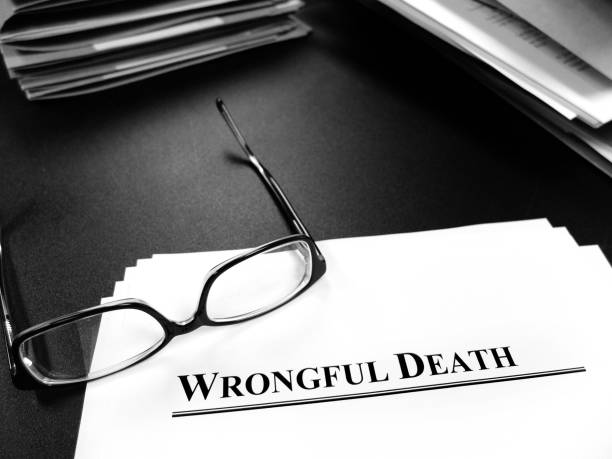Losing a loved one is a painful experience, and when it involves wrongful death, the emotional and legal complexities can be overwhelming. In South Carolina, you have a limited window to file a wrongful death lawsuit. It’s essential to act swiftly to seek justice and closure for your family. The statute of limitations in South Carolina typically allows three years from the date of your loved one’s death to file a lawsuit. You do not want to lose your right to hold those responsible accountable. Finding the right legal guidance is crucial. Experienced professionals can lead you through the process, ensuring you meet all necessary deadlines.
Visit chrishartlaw.com/florence-wrongful-death-lawyers/ to learn more about your options and take the first step towards resolution. You deserve to have your voice heard and see that justice is served. Your loved one’s memory deserves nothing less. It’s time to start seeking the answers you need.
Contents
Understanding the Statute of Limitations
The statute of limitations sets a strict deadline for filing a wrongful death lawsuit in South Carolina. If you miss this deadline, you may no longer be able to pursue compensation for your loss. This is why understanding and acting within this timeframe is critical. According to the South Carolina Code of Laws, the three-year limit begins on the date of death. This timeframe might seem sufficient, but the legal process takes time. Investigations, gathering evidence, and consultations can be lengthy.
Why Timing Matters
Timely filing ensures your case remains valid. As time passes, evidence may be harder to collect. Witness memories fade, and critical documents can be misplaced. Acting within the three-year period ensures the integrity and strength of your case. The U.S. Government’s Legal Aid resources provide valuable insight into why prompt legal action is beneficial.
Exceptions to the Rule
While three years is the general rule, there are exceptions. If the wrongful death involves a minor, the clock might not start until they reach a certain age. Similarly, if the responsible party is a government entity, different rules might apply. These nuances highlight the importance of consulting with legal experts who can provide clarity based on your specific situation.
Steps to Take After a Wrongful Death
- Secure legal representation early. This helps you navigate the complex legal landscape.
- Gather all available evidence. This includes medical records, witness statements, and any relevant correspondence.
- Document all costs associated with the death. Funeral expenses, medical bills, and lost wages can strengthen your case.
Comparing States: Statute of Limitations Table
| State | Statute of Limitations (Years) |
|---|---|
| South Carolina | 3 |
| North Carolina | 2 |
| Georgia | 2 |
| Florida | 2 |
Conclusion: Your Next Steps
Filing a wrongful death lawsuit in South Carolina requires diligence and prompt action. Understanding the statute of limitations and its implications is crucial for a successful case. Do not delay in seeking help. Consulting with experienced legal professionals can provide clarity and support during this challenging time. It is essential for your peace of mind and to honor your loved one’s life by ensuring accountability.
Consider reaching out to legal experts who understand the intricacies of wrongful death cases. They can provide guidance tailored to your circumstances, ensuring you meet deadlines and compile necessary evidence. Your loved one’s legacy deserves justice. Taking timely action is the first step in this important journey.



